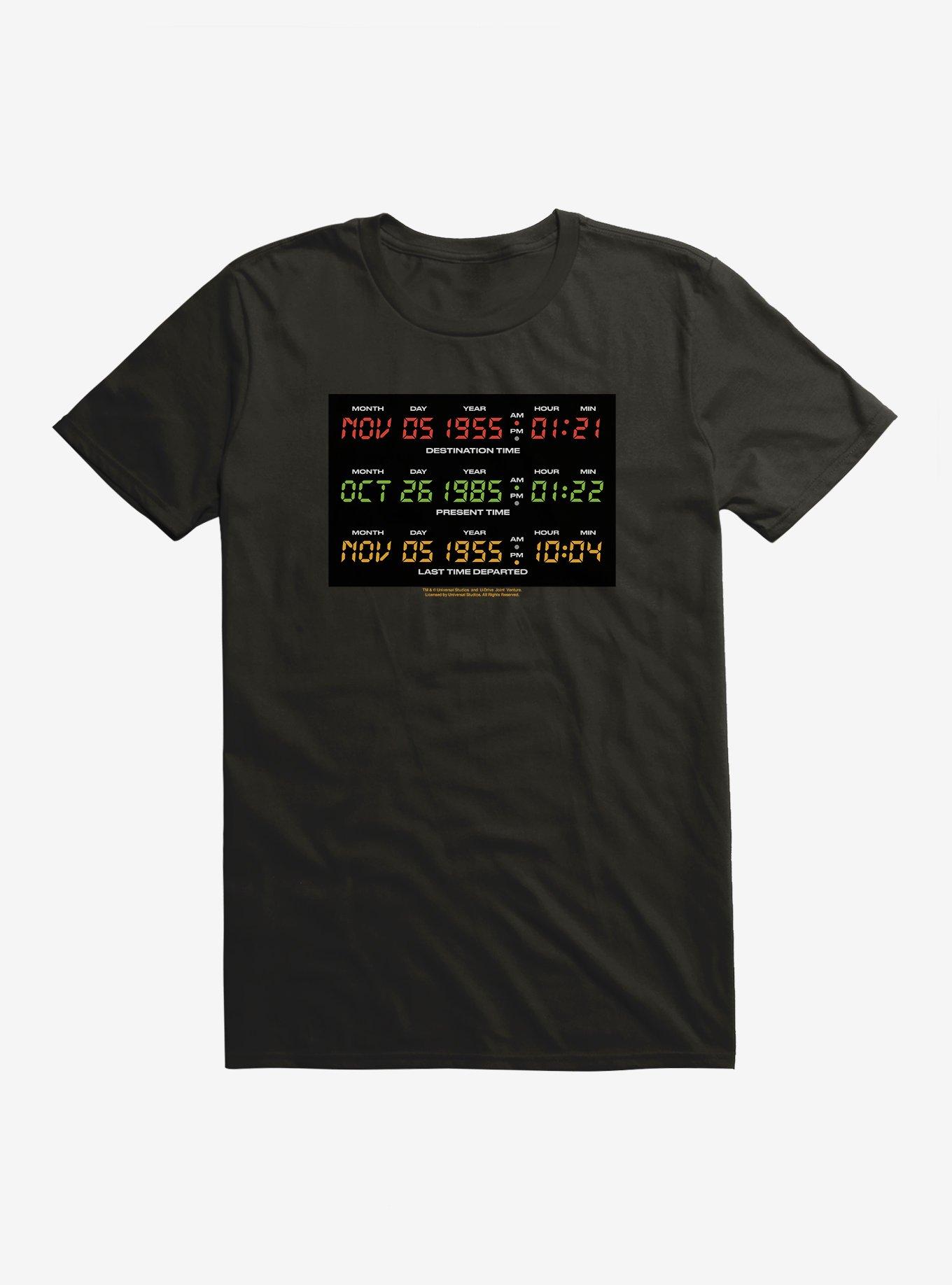Home
Future Times
Loading Inventory...
Barnes and Noble
Future Times
Current price: $18.99


Barnes and Noble
Future Times
Current price: $18.99
Loading Inventory...
Size: CD
*Product Information may vary - to confirm product availability, pricing, and additional information please contact Barnes and Noble
Portland underground mainstay
Dewey Mahood
has been recording solo excursions as
Plankton Wat
since the early 2000s, even before the formation of renowned heavy psych jammers
Eternal Tapestry
. Returning to
Thrill Jockey
for the first time since 2013's excellent
Drifter's Temple
,
Future Times
is similar to other
records in how
Mahood
constructs hazy instrumentals with earthy guitar melodies that channel spiritual energies and sonically interpret the beauty of the natural world. However, the album's socially conscious themes set the release apart from the rest of the project's catalog. The album was produced in 2020, as COVID-19 had forced society into lockdown, anti-police protests were surging across the nation, and wildfires were ravishing much of America's West Coast. Opening track "The Burning World" reflects all of this, slowly unfolding with glowing, echoing synths (played by frequent collaborator
Dustin Dybvig
) as
's guitar swoops, lunges, and soars. An updated version of
oldie "Nightfall" appears on the album, and compared to the arrangement on
, this one is a bit faster, tighter, and more majestic, with rising horns played by
Victor Nash
(the record's other major contributor) and a nearly desert blues-like feel to the guitar melody. "Modern Ruins" is both the album's lushest piece as well as its most melancholy, with
Ash Dybvig
's gorgeous flute melody backed up by
's mystical guitar playing, which begins to seethe with fury at one point. "Dark Cities" staggers clanging guitar harmonies over a tinny drum machine throb, painting a sort of brief dystopian scene. The sparse, bluesy "Sanctuary" seems like it's meant to be soothing and reflective, but it's shot through with fear and trepidation. "Defund the Police" is elegiac rather than an enraged call to action, with sorrowful trumpet calling out over glacial synth drift and whirring delay. "Wind Mountain" brings the album home with a more rootsy, almost banjo-like guitar pattern, while ragged distortion and dubby horns keep the proceedings trippy and surreal.
is a meditation on an uncertain era, and while it gets uneasy at spots, it takes solace in the healing powers of nature and remains optimistic that goodness will prevail. ~ Paul Simpson
Dewey Mahood
has been recording solo excursions as
Plankton Wat
since the early 2000s, even before the formation of renowned heavy psych jammers
Eternal Tapestry
. Returning to
Thrill Jockey
for the first time since 2013's excellent
Drifter's Temple
,
Future Times
is similar to other
records in how
Mahood
constructs hazy instrumentals with earthy guitar melodies that channel spiritual energies and sonically interpret the beauty of the natural world. However, the album's socially conscious themes set the release apart from the rest of the project's catalog. The album was produced in 2020, as COVID-19 had forced society into lockdown, anti-police protests were surging across the nation, and wildfires were ravishing much of America's West Coast. Opening track "The Burning World" reflects all of this, slowly unfolding with glowing, echoing synths (played by frequent collaborator
Dustin Dybvig
) as
's guitar swoops, lunges, and soars. An updated version of
oldie "Nightfall" appears on the album, and compared to the arrangement on
, this one is a bit faster, tighter, and more majestic, with rising horns played by
Victor Nash
(the record's other major contributor) and a nearly desert blues-like feel to the guitar melody. "Modern Ruins" is both the album's lushest piece as well as its most melancholy, with
Ash Dybvig
's gorgeous flute melody backed up by
's mystical guitar playing, which begins to seethe with fury at one point. "Dark Cities" staggers clanging guitar harmonies over a tinny drum machine throb, painting a sort of brief dystopian scene. The sparse, bluesy "Sanctuary" seems like it's meant to be soothing and reflective, but it's shot through with fear and trepidation. "Defund the Police" is elegiac rather than an enraged call to action, with sorrowful trumpet calling out over glacial synth drift and whirring delay. "Wind Mountain" brings the album home with a more rootsy, almost banjo-like guitar pattern, while ragged distortion and dubby horns keep the proceedings trippy and surreal.
is a meditation on an uncertain era, and while it gets uneasy at spots, it takes solace in the healing powers of nature and remains optimistic that goodness will prevail. ~ Paul Simpson


















